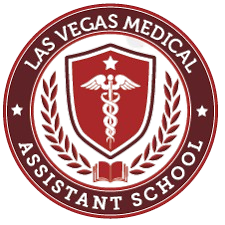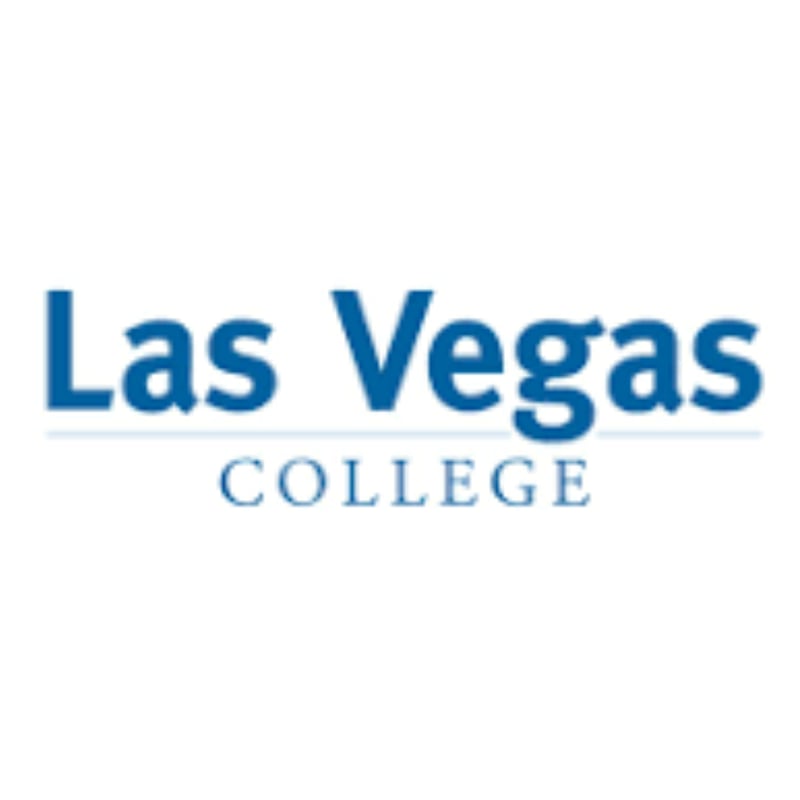
$1,950 to start
$4,190 total

No cost info

Financial aid (may be available)

No cost info
$975 total
$550 total
$600 total
No cost info
No cost info
$700 total
$369 total
No cost info
$399 total
$150 total
The healthcare industry is a vital and growing field, and the demand for Home Health Aides (HHAs) is on the rise. If you're interested in a career that allows you to make a difference in people's lives, becoming an HHA might be the right path for you. This blog post will guide you on what it takes to become an HHA, what to expect from training classes, and where to find them in Las Vegas. Let's start by understanding who an HHA is and what they do.

A Home Health Aide is a professional who provides basic healthcare services to patients in their homes. These services can include personal care, such as bathing and dressing, as well as tasks like meal preparation, light housekeeping, and medication reminders. They also assist with exercises and mobility, monitor vital signs, and provide companionship. HHAs play a crucial role in improving the quality of life for those who need assistance due to age, illness, or disability.
To become a Home Health Aide, you'll need to complete a training program that meets the standards set by the Nevada State Board of Nursing. These programs typically cover topics such as:
Basic nursing skills
Personal care skills
Understanding patient rights
Safety and emergency procedures
Communication and interpersonal skills
While it's not mandatory, some prospective HHAs opt to earn a certification, which can enhance employability and open up more job opportunities.
When choosing a Home Health Aide class class in Las Vegas, there are several factors to consider:
Course content: Ensure the program covers all the necessary topics and skills you'll need to excel as an HHA.
Accreditation: The program should be accredited by a recognized body.
Hands-on training: Look for programs that offer practical training in addition to theoretical knowledge.
Qualified instructors: Instructors should be experienced professionals who can provide real-world insights.
Flexible schedule: For those balancing other responsibilities, a program that offers flexible scheduling can be beneficial.
Home Health Aide classes typically combine classroom instruction with practical training. Theoretical instruction may cover anatomy, physiology, nutrition, and medical terminology. Practical training provides hands-on experience in personal care tasks, basic nursing procedures, and emergency response.
After completing the training program, you may decide to become certified. Certification involves passing a state-approved competency evaluation, which includes a written examination and a skills demonstration. Once certified, you'll need to maintain your certification through continuing education.
After completing your training and earning certification, you're ready to start your job search. Many HHAs find employment through home health agencies. You can also look for job postings at hospitals, nursing homes, and private residences. Networking with healthcare professionals and attending job fairs can also be effective strategies.
Once you've started your career as an HHA, you might want to expand your skills and knowledge. You could consider becoming a Certified Medication Aide, a Psychiatric Technician, or a Pharmacy Technician. These roles would allow you to provide additional services to your patients and could increase your earning potential.
Continuing education is important for HHAs to stay updated with the latest practices in patient care and healthcare regulations. It also allows you to explore specialized fields such as palliative care or geriatric care.
Technology plays an increasingly important role in home health care. From electronic health records to telemedicine, understanding and being comfortable with technology can enhance your skills as an HHA.
The COVID-19 pandemic has significantly affected the healthcare sector, including home health care. HHAs have had to adapt to new safety protocols and provide care for patients in a challenging environment.
The demand for HHAs is expected to continue growing due to the aging population and the trend towards in-home care. This makes it an attractive career option with good job prospects.
Becoming a Home Health Aide can be a rewarding career choice, offering the opportunity to make a real difference in people's lives. It requires dedication, compassion, and the right training. With the information provided in this blog post, you can start your journey towards becoming an HHA in Las Vegas. Remember, Dreambound is a valuable resource for finding vocational training programs. Begin your career journey today!
With Dreambound, find comprehensive guides that make starting in this field easier, each suited to a specific city. If you've planned a move or are doing research for another vocation, our other guides may be able to help.
Thinking about a potential career transition? Dreambound has detailed guides to help you with making informed decisions.
Dreambound's platform allows prospective students to find the right educational program for them through searching, filtering, and connecting with our extensive selection of career & technical education partners.
Dreambound has over 70 programs across healthcare, technology, business, and industrial trades. This includes programs such as Medical Billing, Cybersecurity, and welding.
Some of our schools offer financial aid for those who qualify. Many others offer payment plans, where you can pay the cost of class over time.
Yes, Dreambound offers many online programs. On Dreambound's search, you can filter by online, in-person, and hybrid (part online, part in-person).
Dreambound is completely free for you to use! We are supported by schools and organizations who pay to advertise on our website, so we can offer all of our career resources for free.